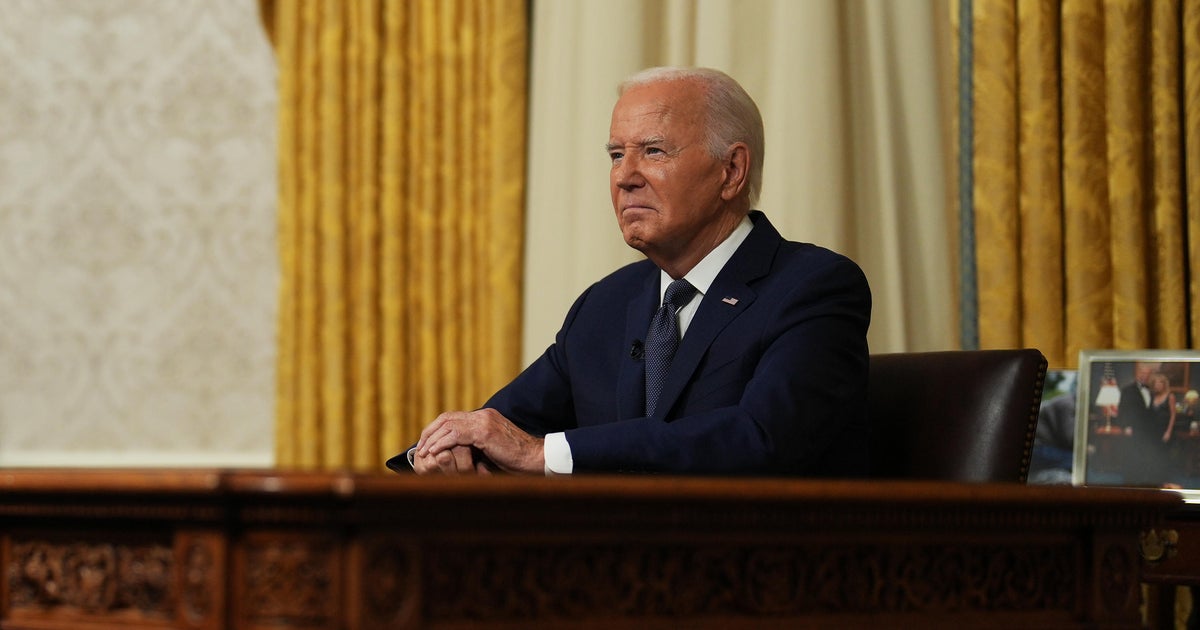Beto O'Rourke tells voters he would "trust women" on abortion access – but doesn't get specific
Presidential hopeful Beto O'Rourke told voters in New Hampshire that he would "trust women" when it came to abortion access and regulations. The Democratic Presidential candidate delivered his remarks on Wednesday at Plymouth State University, one of 10 stops planned in his campaign's 48-hour tour through the state.
When asked what his position would have been on last month's failed "born-alive" bill had he been elected to the Senate, O'Rourke said he "would have listened to the women that I wanted to represent in the state of Texas." The measure would have required doctors to provide care to infants who "survive an abortion or attempted abortion." Federal law already requires doctors to provide such care, but this new legislation would have imposed new fines and jail time if they didn't.
O'Rourke didn't provide specifics on how he would have voted. "I would have looked at the facts and understood the truth," O'Rourke told reporters. "And I would have voted with those women to make their own decisions about their own bodies."
In the debate leading up to the vote, abortion rights advocates dismissed the legislation. Elizabeth Nash, a senior state issues manager at the Guttmacher Institute, said the situation described in the bill — infants surviving abortions — "isn't something that happens." Planned Parenthood Federation of America President, Leana Wen, said the "practice that doesn't exist in medicine or reality."
In O'Rourke's home state of Texas, lawmakers have passed some of the strictest abortion access laws in the country. Women seeking abortion in the state are subject to a mandatory state-directed counseling, which includes language designed to discourage her from going through with the procedure. Women are also required to undergo an ultrasound, and a provider is required to show and describe the fetus to the woman.
Once that's over, women are then required to wait 24 hours before they're allowed to have an abortion. If the woman is a minor, she's required to get parental consent. O'Rourke called those restrictions "regressive women's health care policies," in a gaggle with reporters after his event.
"I want to make sure on a national level, we don't make those mistakes and that we listen to women when it comes to issues of women's health care," O'Rourke said.



